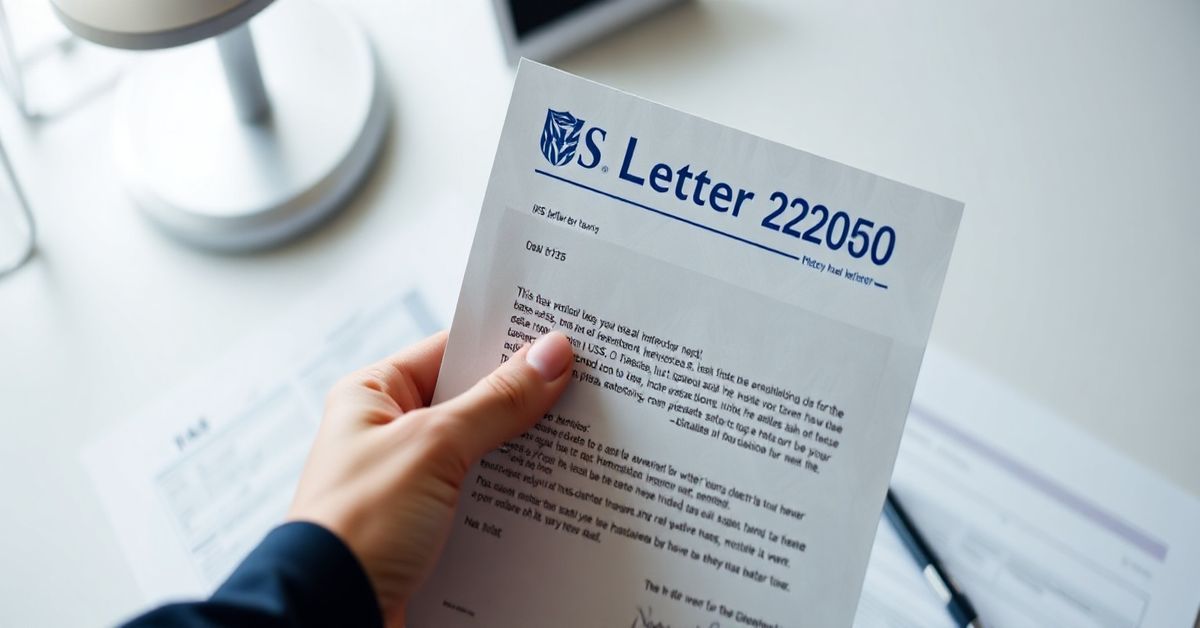6. Consider Professional Help
If you find navigating this process confusing, consider hiring a tax professional, such as a CPA or enrolled agent. They can guide you through this process, communicate with the IRS on your behalf, and explore the best solutions to resolve your tax debt.

